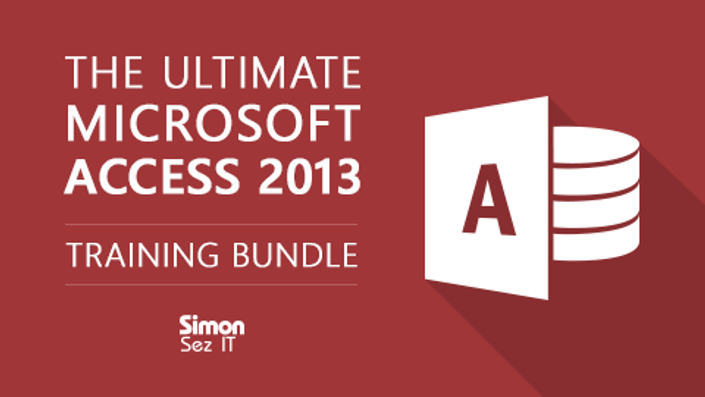

Use for fields that indicate the 1 character presence or absence of a condition, such as whether an order has been filled or whether an invoice has been paid. Limits field values to yes and no, on and off, or true and false. You can specify sequential numbering or random numbering, which guarantees a unique field value, so that such a field can serve as a table‘s primary key. decimal point and to 4 digits on the right side Consists of integer values created automatically by Access each time you create a new 9 digits record. Unlike calculations with Number data type decimal values, calculations the left side of the performed with the Currency data type are not subject to round-off error. Allows field values similar to those for the Number data type, but is used for storing Accurate to 15 digits on monetary values. For example, you can determine the number of days between two dates. You can perform calculations on dates and times, and you can sort them. Dates can be entered in month/day/year format, several other date formats, or a variety of time formats, such as 10: 35 PM. Use for fields that will be used in calculations, except those involving money Allows field values containing valid dates and times from January 1, 100 to December 31, 8 bytes 9999. A number can contain digits, a decimal 1 to 15 digits point, commas, a plus sign, and a minus sign. Long text Number Date/Time Currency Auto Number Yes/No Hyperlink Field Size 0 to 255 characters default is 255 1 to 65, 535 characters exact size is determined by entry Allows positive and negative numbers as field values. Allows field values containing letters, digits, spaces, and special characters. Use for names, addresses, descriptions, and fields containing digits that are not used in calculations. 4: Common Data Types Data type Description Short text Allows field values containing letters, digits, spaces, and special characters. Guidelines for Setting Field Properties, XP Part 2 Figure 2.


 0 kommentar(er)
0 kommentar(er)
